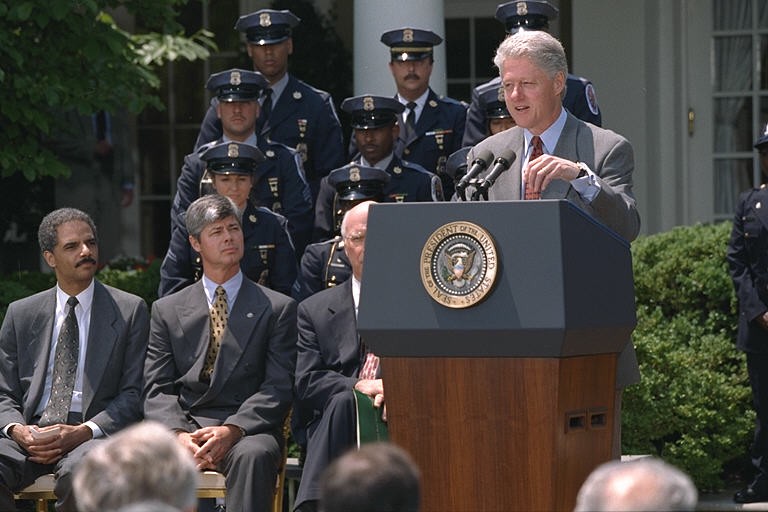
By Chief Joel F. Shults, Ed.D.
There were high hopes when the Clinton presidency oversaw the development of the Office of Community Policing within the U.S. Department of Justice in 1994 with an initial $8.8 billion expenditure over six years. One of the initiatives from the COPS office was the Police Corps, a program which, as stated in the authorizing legislation 42 USC 14091: The purposes of this part are to- (1) address violent crime by increasing the number of police with advanced education and training on community patrol; and (2) provide educational assistance to law enforcement personnel and to students who possess a sincere interest in public service in the form of law enforcement. By the mid 2000s, the program was defunct under the Bush administration, now focused on Homeland Security.
Twenty years ago the General Accounting Office (GAO) published a report on the Police Corps program. It reported “The philosophy of Police Corps training is that to serve effectively on the beat in some of America’s most challenged communities, Police Corps officers must have a solid background in traditional law enforcement, strong analytical abilities, highly developed judgment, and skill in working effectively with citizens of all backgrounds. Police Corps training is to emphasize ethics, community and peer leadership, honesty, self-discipline, physical strength and agility, and weaponless tactics—tactics to protect both officer and citizen in the event of confrontation.” The GAO’s mission is to audit performance and use of funds, so their report focused on the fiscal and operational aspects of the program. In its report, the GAO cited lack of participation due to bureaucratic impediments concerning financing the programs within participating states, lack of direction for grants to police departments, and residential requirements for the academy programs. The Police Corps curriculum was not discussed.
In the same year as the GAO study, the Office of Justice Programs, which ultimately was given responsibility for operation of the Police Corps, issued its own report. Specific curricula or learning objectives were not discussed in this report either. Consistent with police training reform demands today, the report praises the “continued efforts to ensure that Police Corps training remains dynamic and futuristic with a continued emphasis on the social context of crime, communication, and problem-solving skills in multicultural settings, leadership, and ethics. Police Corps training promotes skill development in the areas of disengagement and weaponless arrest and control tactics, and goes beyond legal considerations in the use of force to considerations of moral and ethical dimensions.”
Although praised by many who observed the program and by the bureaucrats who ran it, there is precious little evidence that the training was vastly different than other quality police academies. Any difference the program may have made was either obscured or unmeasurable. As with many reform-minded efforts, the Police Corps replicated training that was already happening in the profession with little truly innovative methods. The Corps did have an explicit philosophy of community policing, ethics, and cultural awareness which is also espoused by most academies today. Members of the press were invited to see the training in progress, with features in major outlets and some documentaries. Being typically unfamiliar with other academy training and front loaded with the idea that this was new and special, the reports reflected those factors, not realizing how typical the training really was.
Why resurrect memories of the Police Corps? One word: Biden. Senator Biden was a proponent of the Clinton crime bill and still purports to be an advocate of police reform through community policing. If police reform is still a political football in the coming months, Biden may be recycling training proposals like the Police Corps. Police leaders and citizens should be wary of politicians claiming to be innovative reformers by attaching new names to existing successes and adding meaningless hours of redundant training. There are some lessons to be learned from the Police Corps. It was a worthy experiment. But one lesson learned is that a make-over with federal dollars isn’t transformative.
Police trainers and leaders welcome with open arms and open minds to transformative technology, methodology, and cultural change. They are less enthusiastic about political theatre, adding fluff to an already burdened training schedule, and being forced to develop curricula that is not based on research and data that affirms its value.
If Biden’s campaign claims to increase funding for community policing come to fruition communities will welcome any funding and technical support to improve public safety. If the proposals come with burdensome strings attached, those proposals must be rejected or renegotiated. The public must also accept that police reform, no matter what form it takes, cannot compensate for violent crime resulting from lax prosecution and massive release of prisoners.